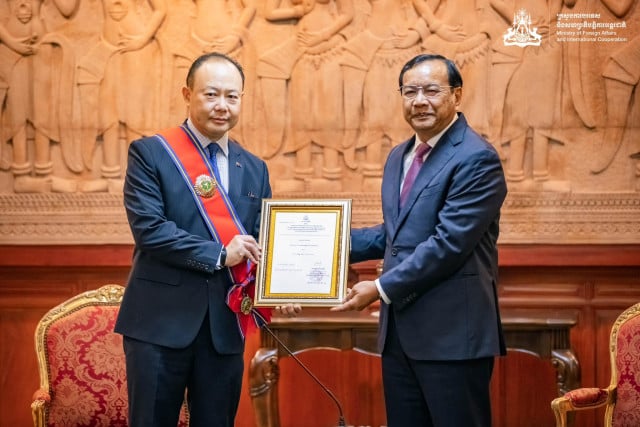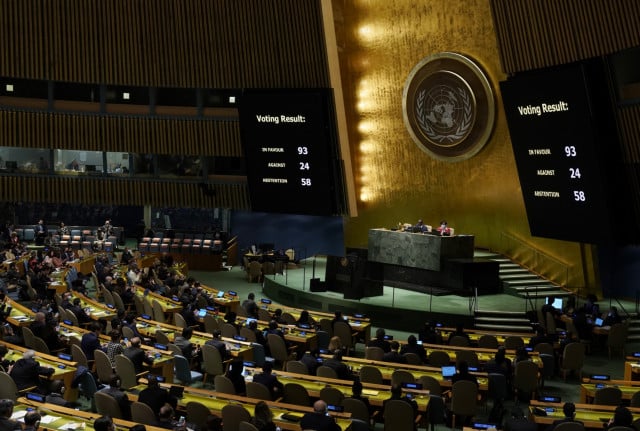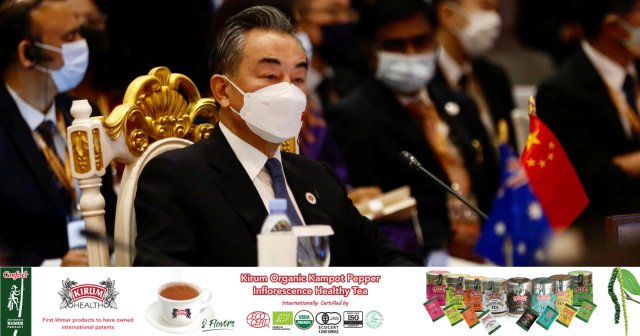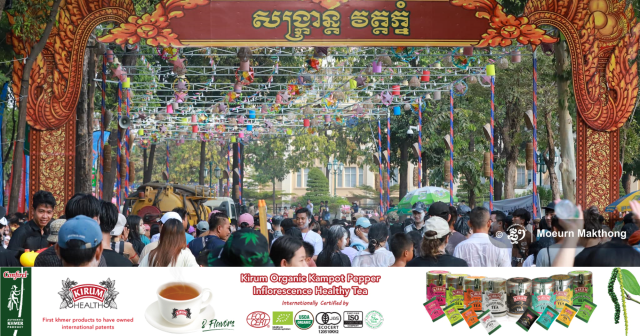Journalist and Police Informer: Beware -- Conflict of Interest!
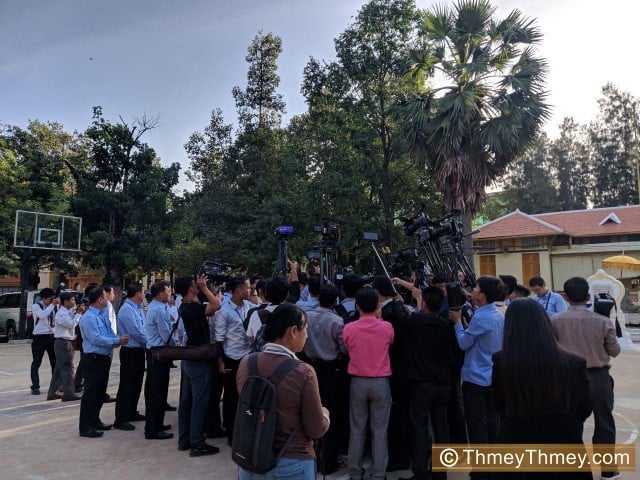
- Thmey Thmey
- September 6, 2019 10:30 AM
For a journalist, does it conform with professional ethics to also serve as a police informer?
The answer is unequivocally: no.
And yet, a recent local-news story about an incident that took place in a Cambodian province has shown that this is not clear to everyone.
According to facts reported by the media, several journalists were accused of posing as police officers to extort money from a gas station manager.
A police management officer confirmed that those journalists were police informers but stressed that this did not authorize them in any way to pass themselves off as police officers. “Those four journalists are not national-police officers but strictly informers and must not break the law,” the police management officer said.
(See the story at https://www.khmertimeskh.com/50636554/pursat-court-charges-four-journalists/)
Referring to this news story, a spokesman from the Ministry of Information said that, while this did not constitute a breach of the law regarding news writing or publication, this still was about a crime that may have been committed by journalists. “Journalists must refrain from taking part in activities that affect the public,” the spokesman said. “Don’t forget that we are journalists and that we must abide by our code of ethics.” (See the story previously mentioned.)
With this raising the issue of journalists’ code of ethics, let’s go back to what is journalists’ first duty: To communicate to the public information that has been checked and this, as an independent voice and with objectivity. In fact, a journalist only has one boss: The public who reads, listens, watches on television or follows him on social media and to whom he owes truth and sincerity. This is how a journalist contributes to a country’s social and democratic life by providing people with the information they require to live as a society and form an opinion.
To do his job, he needs sources who trust him and to whom he guarantees, according to his code of ethics, confidentiality if the issue comes up.
And of course, in order to do his job, a journalist also must professionally be on good terms with the police and have a good relationship with police officers.
But such relationship must be built on the clear understanding of each other’s roles and must never either impede the independence of the press or jeopardize the trust that the public puts in the profession.
On account of this, the role of police informer extends beyond the boundaries of the appropriate relationship a journalist must have with a police body.
A few days ago, Prime Minister Hun Sen asked high-ranking military officers who also hold the title of okhnia to choose either the military or what is linked to their other title in order to eliminate conflicts of interest that such double roles could bring up.
Regarding police informers and journalists, it would be good to follow that example.






